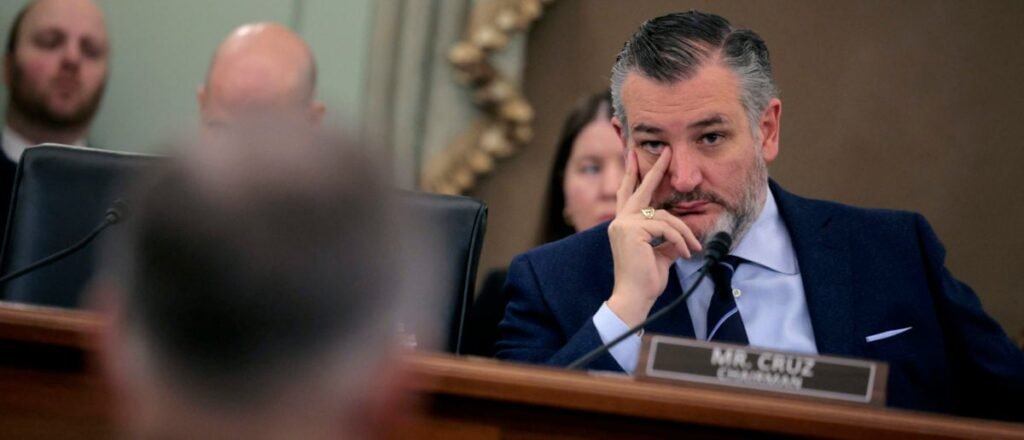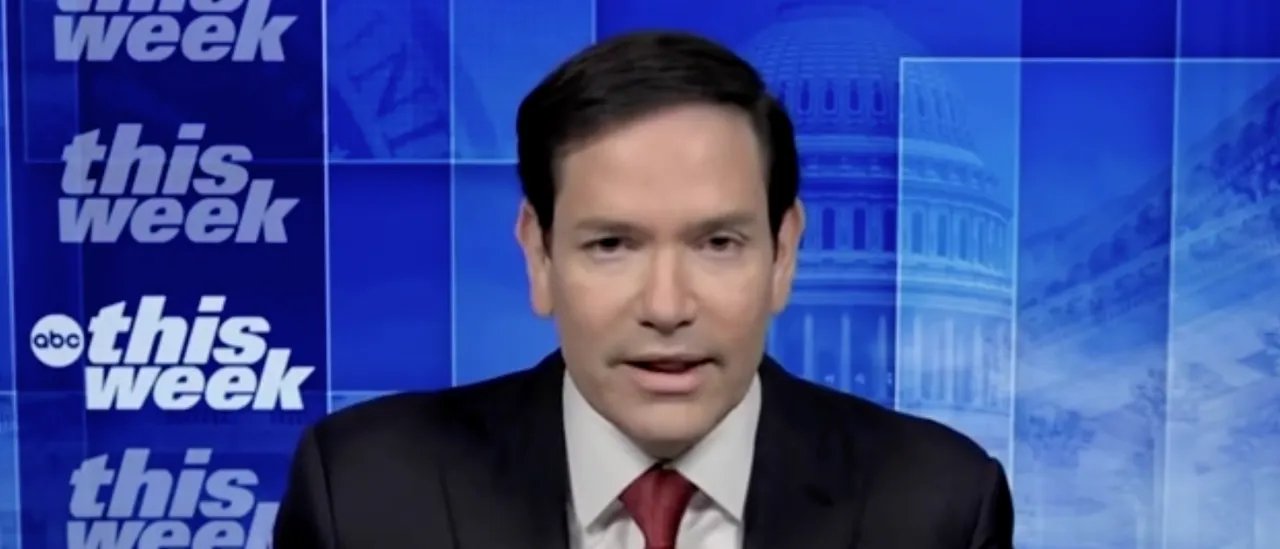Cruz Defends AI Regulation Freeze Amid State-Level Concerns
Texas Senator Ted Cruz has come out in support of a 10-year moratorium on state-level artificial intelligence (AI) regulations, stating that this freeze is vital for ensuring that American innovators can compete with China’s increasing foothold in the AI sector. Speaking with the Daily Caller News Foundation, Cruz emphasized that this measure could mean the difference in maintaining a competitive edge in the global AI economy.
The provisions, which are part of a broader legislative package in the Senate, aim to prevent individual states and cities from implementing unique regulations specifically targeting AI systems. However, Republican Senator Marsha Blackburn from Tennessee is pushing to lift the freeze, arguing that it infringes on states’ rights and interferes with initiatives like Tennessee’s Elvis Method and Texas’s Child Safety Act.
“If we fall behind in this race, we risk allowing the Chinese communists to dominate economically in the future,” Cruz cautioned in his remarks.
As for Blackburn’s office, they did not respond promptly to requests for a statement.
Cruz believes that imposing more regulations on AI might stifle innovation, remarking on how smaller businesses could be sidelined by larger tech companies if the market becomes too tightly regulated. He likened the current moment in AI to the early days of the internet, where a more lenient federal approach allowed U.S. companies to thrive over their European counterparts.
“The choice to adopt a regulatory attitude that seems less harsh than what Europe has done has greatly benefited the U.S.,” he noted.
He’s worried, too, that Democrats may be on the brink of repeating the errors seen in Europe by introducing what he terms “wild left-wing laws.” He pointed out that some Democratic attorneys general are already taking aggressive legal action, which he believes could specifically target emerging AI startups.
Cruz has been critical of the current Biden administration’s stance on AI, calling it detrimental. He mentioned that former President Trump intends to rescind what Cruz referred to as “the longest executive order in America that discourages AI” if he is re-elected, emphasizing that he supports a more relaxed regulatory framework going forward.
He also expressed concerns about state laws emerging under the Democrats, citing California’s legislation that he says could hurt American AI development. He further criticized a recent Colorado law for enforcing what he called a “DEI police” approach to AI.
Critics of the moratorium like Blackburn argue that it actually prevents conservative states from tackling misuse in AI technologies. In response, Cruz clarified that the Elvis Act is explicitly excluded from the proposed legislation, which makes it clear that generally applicable laws are unaffected by the moratorium.
While Blackburn suggests a two-year delay instead, Cruz sees this as politically and economically disastrous, warning that removing the provisions would undermine the ability of states to protect their citizens against AI risks.
“Republicans who support lifting this moratorium will essentially be handing a significant advantage to communist China,” Cruz asserted.
He further stated that if Blackburn’s proposals gained traction, he believed that such changes would be a significant setback. “I don’t think many Republicans want to stand against President Trump… especially with the White House being involved,” Cruz speculated.
The ongoing debate has highlighted divisions within the GOP, with House Speaker Mike Johnson endorsing a 10-year lead on the moratorium, emphasizing caution due to national security issues.
Some, like Greene, expressed disbelief at the notion of overhauling federalism and stripping state rights for a decade regarding AI laws.
The Senate is set to vote on Blackburn’s amendments soon. If the moratorium remains in place and the bill passes, it will last until 2036, compelling Congress to revisit state-level AI regulations only after that point—a crucial juncture that could determine who gains the upper hand in the global AI race.







